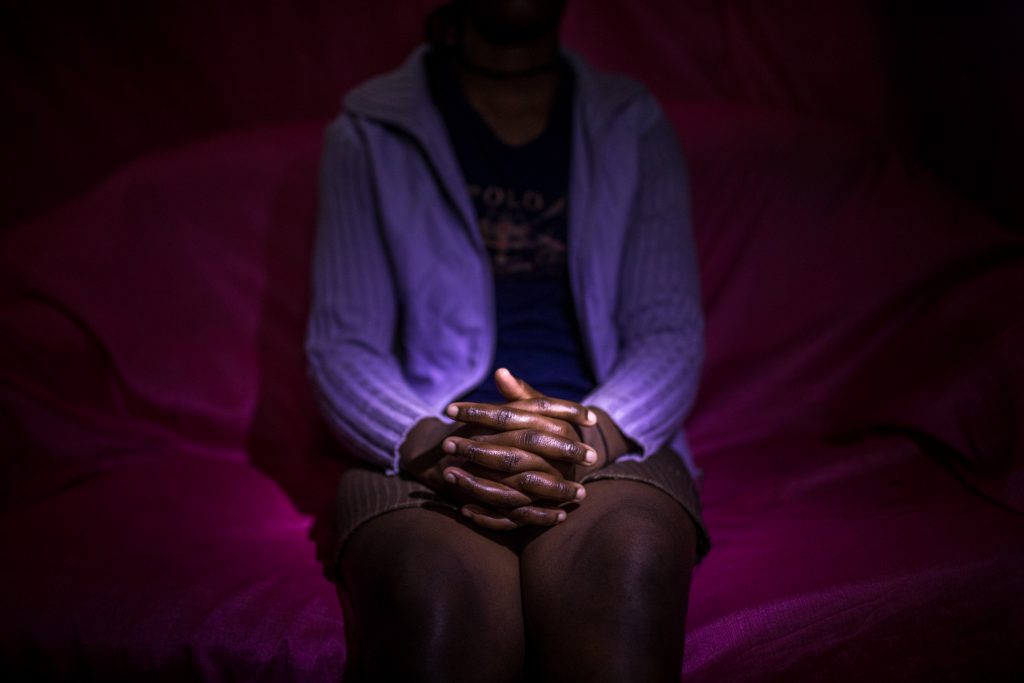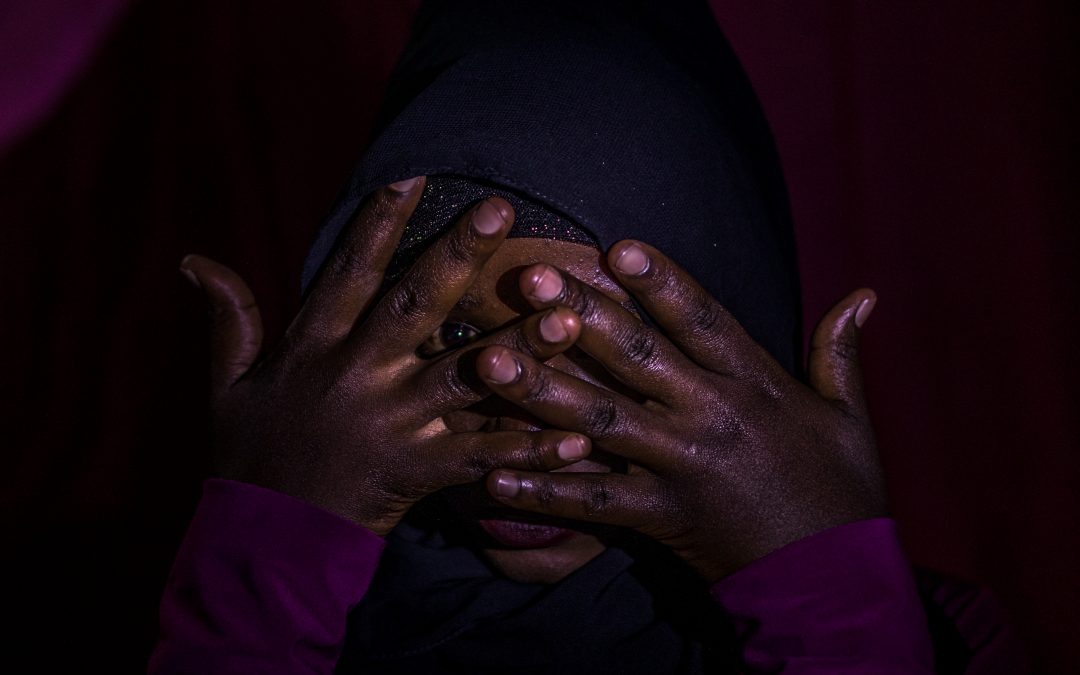No one imagined their 2020 would look like this. This year has brought the unprecedented hurdle of the COVID-19 pandemic, restricting movement all across the globe and infecting millions, with the most vulnerable populations most at risk. For us at DSW, COVID-19 has directly impacted our work. Since it was declared a pandemic in March, millions around the world have lost access to essential health services as resources have been diverted to fight the novel coronavirus. Lockdowns, travel limitations, and fear of infection prevent people from getting the care they need.
For women and girls, the loss of access to such essential health care resources as family planning information, services and commodities has resulted in an estimated 900,000 additional unintended pregnancies in just the past seven months. If lockdowns continue, the UNFPA warns that this number could increase to a staggering 7 million unintended pregnancies worldwide as 47 million may not be able to access modern contraceptives.
COVID-19 has also created a sharp rise in gender-based and domestic violence, with 31 million additional cases of gender-based violence (GBV) expected to occur if lockdowns remain in place, and the continuation of harmful practices such as child marriage and female genital mutilation (FGM). Due to disruptions to programmes against these practices, 2 million cases of FGM and 13 million child marriages may take place over the next decade that could have otherwise been averted.
In Kenya, we are already seeing the impact of this. In Tharaka Nithi County, the pandemic has presented an opportunities for perpetrators of FGM to continue the practice, with parents taking advantage of stay-at-home orders to promote FGM. The practice is very deeply rooted in certain parts of the county.

Photographs © Brian Otieno/DSW.
Tharaka Nithi County Commissioner Beverly Opwora spoke to journalists earlier this month about how her office has received information on some families who have put their daughters through FGM, normally a top-secret exercise conducted at night to avoid detection, and that investigations are currently underway to ensure that these people are punished by law. Ms. Opwora warns that those discriminating against uncut girls or women will also be prosecuted, saying, “It’s illegal to use words that describe a woman as uncircumcised or to discriminate against her.”
Such discriminations include refusing to eat food prepared by an uncut woman, or refusing to allow uncut girls to fetch water from the same well or gather firewood with girls who have undergone FGM. Social ostracisation heightens the pressure on young girls to undergo FGM. In the Kathangacini area of the Tharaka North Sub-County, girls as young as 10 years old are forced to participate in this harmful practice.
In addition to increased numbers of FGM, over 300 teenage girls living in Tharaka Nithi County have become pregnant since the onset of the pandemic, and 35 addition cases of gender-based violence have been reported. Such statistics make it very clear that the wide-reaching effects of COVID-19 put already vulnerable girls and women at further risk.
COVID-19 is harming global initiatives to bring an end to harmful practices and gender-based violence. At DSW, we believe that every young person has the right to reach their full potential. For the women and girls of Tharaka Nithi County, as everwhere else, that means living a life free from harmful practices such as FGM, and from violence of any kind, be it physical, sexual, psychological, or economic. It also means having your family planning needs met, ensuring that no woman wishing to avoid a pregnancy does not have the full range of modern contraception options available to her.
Read our full response to the COVID-19 pandemic here.

